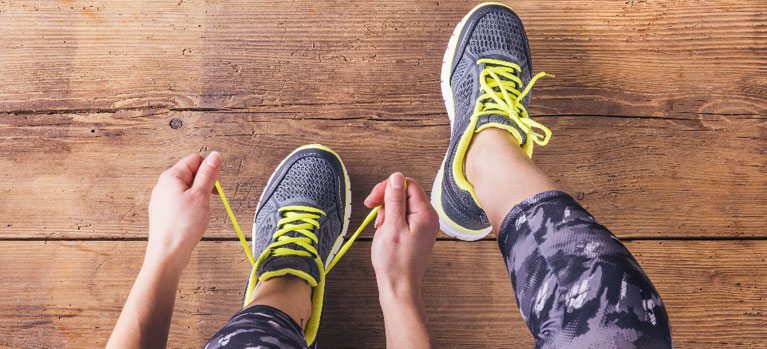Glutathione Series Part 1 of 3:
Glutathione is the master antioxidant and detoxifier of every cell in your body.
It is a tripeptide composed of three amino acids- cysteine, glutaminic acid and glycine. Glutathione is the most important antioxidant produced by the body. It prevents cellular damage caused by free radicals and peroxides. Some of its antioxidant functions in the body include:
- Maintaining vitamins C and E in their reduced, active forms
- Tightly regulating the production of hydrogen peroxide
- Neutralizing lipid peroxides-breakdown products of polyunsaturated fatty acids (PUFAs) found in our cell membranes
- Assisting in making drugs and other toxic chemicals more water-soluble for easier excretion
Frequently asked questions about this important antioxidant!
Q. Where does Glutathione come from?
A. Glutathione is synthesized in the body from the amino acids L-cysteine, L-glutamic acid and glycine. The amino acid cysteine is responsible for the biological activity of Glutathione. Supplies of cysteine are the rate-limiting factor in Glutathione synthesis by the cells, since cysteine is relatively rare in foodstuffs. Furthermore, if taken as the free amino acid, cysteine is toxic and spontaneously destroyed in the gastrointestinal tract and blood plasma.
Q. Why is Glutathione important?
A. Increasing cellular Glutathione can dramatically raise energy levels, strengthen the immune system, fight inflammation, improve athletic performance, detoxify the body, aid in cellular repair and slow down the aging process.
Q. What depletes Glutathione in the cells?
A. Environmental pollutants, pharmaceutical drugs and a poor lifestyle all lead to lower levels of Glutathione.
Q. What toxins affect Glutathione levels?
A. Toxins affecting Glutathione include:
- Acetaminophen (Tylenol) and other pharmaceuticals
- Acetone, solvents, paint removers, fuels, fuel by-products
- Pesticides, herbicides
- Benzopyrenes: From tobacco smoke, barbequed foods, and fuel exhaust
- Alcohol
- Housewares: Certain non-stick coating of pans, plastic containers, plastic linings of tin cans and other food packaging
- Formaldehyde and styrene: From photocopiers and toner printers
- Chlorine in treated water
- Medical X-rays
- UV radiation
Q. What lifestyles affect Glutathione levels?
A. Life style factors that deplete Glutathione include:
- Poor diet: Glutathione has to work hard to cover for missing or insufficient nutrients and antioxidants.
- Strenuous exercise: Though not a toxic substance it produces many free radicals in the body.
- Stress
Q. How can I increase my Glutathione levels?
A. Get a Glutathione Push at New Leaf Wellness.










